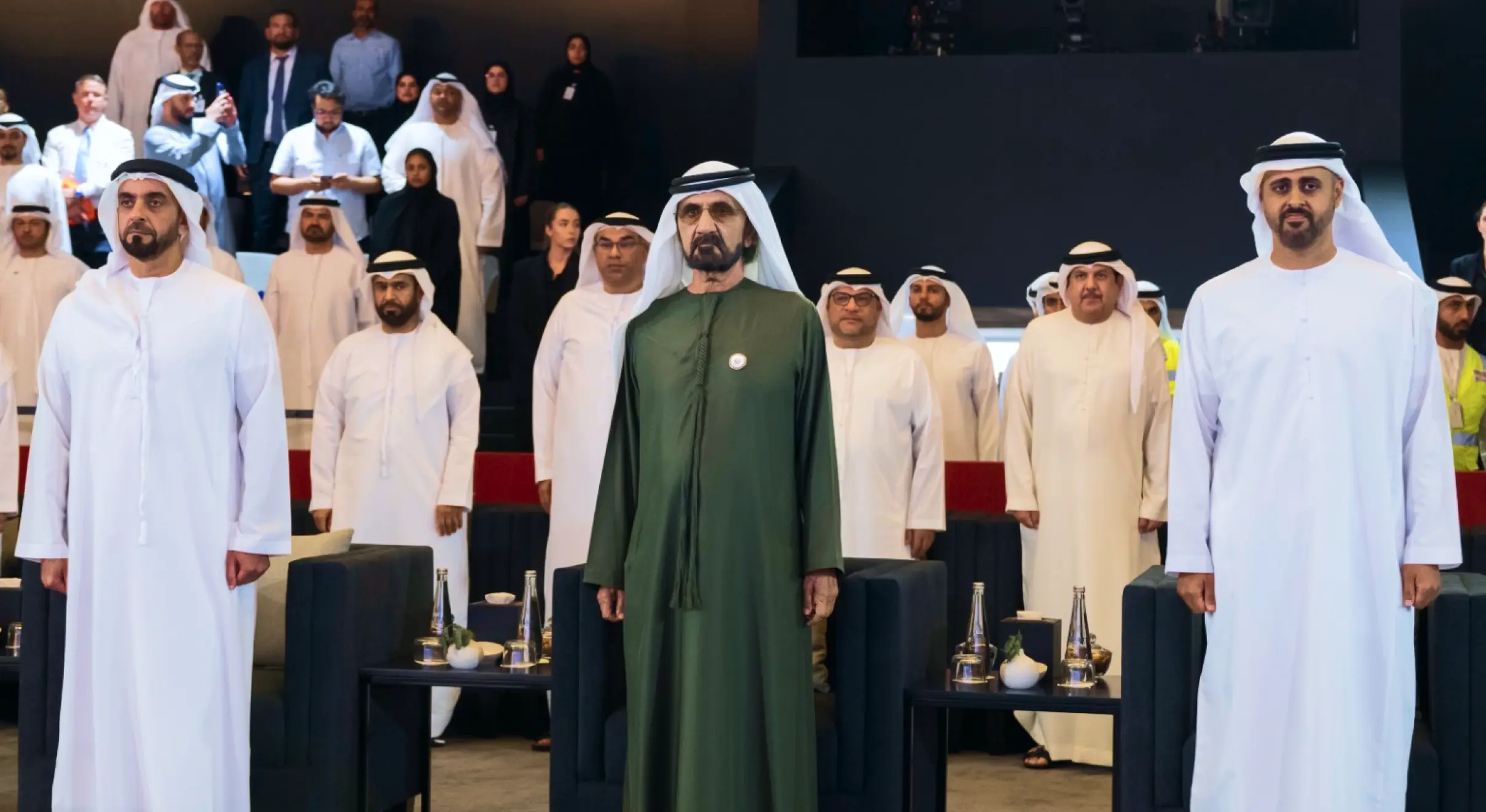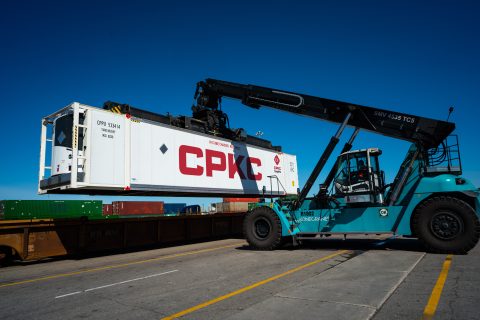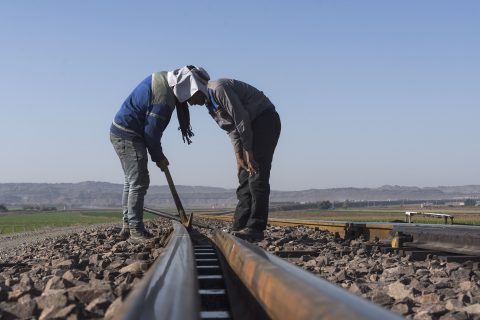UAE complete railway network and freight is already moving

The United Arab Emirates (UAE) can finally count on a nationwide railway network. Mohammed bin Rashid Al Maktoum, Vice President and Prime Minister of the UAE, led the inaugural ceremony on Thursday, 23 February, in Abu Dhabi. State-owned Etihad Rail mentioned that all seven emirates will now be connected to a main national railway, with rail freight operations already launched across the country.
The new railway network stretches for roughly 900 kilometres across the country. Concerning rail freight, the network can count on 38 EMD SD70 locomotives and over 1,000 wagons. Etihad Rail pointed out that these locomotives will be the most powerful freight train engines in the Middle East, with a power of 4,500 HP. The locomotives will be supplied by Progress Rail, an American manufacturer, while the wagons will be supplied by Chinese company China CNR.
The network will be used for the transportation of all sorts of goods, as the chairman of Etihad Rail highlighted. The cargo types mentioned by Etihad Rail include petrochemicals, raw steel, limestone, cement, building materials, industrial and domestic waste, aluminium, food commodities, and general cargo. Mining company Stevin Rock and chemical manufacturer Borogue are among the first EAU companies to sign contracts to use the brand-new network.

A massive project to incentivise rail over road
The total estimated capacity for the network is 60 million tons of cargo moved every year. The EAU expects this new network to reduce road traffic by 21 per cent by 2050. Freight trains on the new National Rail Network will reach speeds of 120 km/h. The network was built with a European standard gauge and will be equipped with ECTS level 2 signaling systems. The network will be connected to four major ports, which were not specified, and 7 logistics centres across the EAU.
The network is also equipped with a number of charging stations at the main hubs, including the Khalifa Port, the Dubai Industrial City, and the Jebel Ali Port. The massive scale of the project can be summed up with some of the data provided by Etihad Rail. “Eleven contractors, 25 consultants, and 28,000 specialists worked on the project. It took 133 million working hours to complete, and 40,000 approvals from 180 government agencies”.
Also read:





